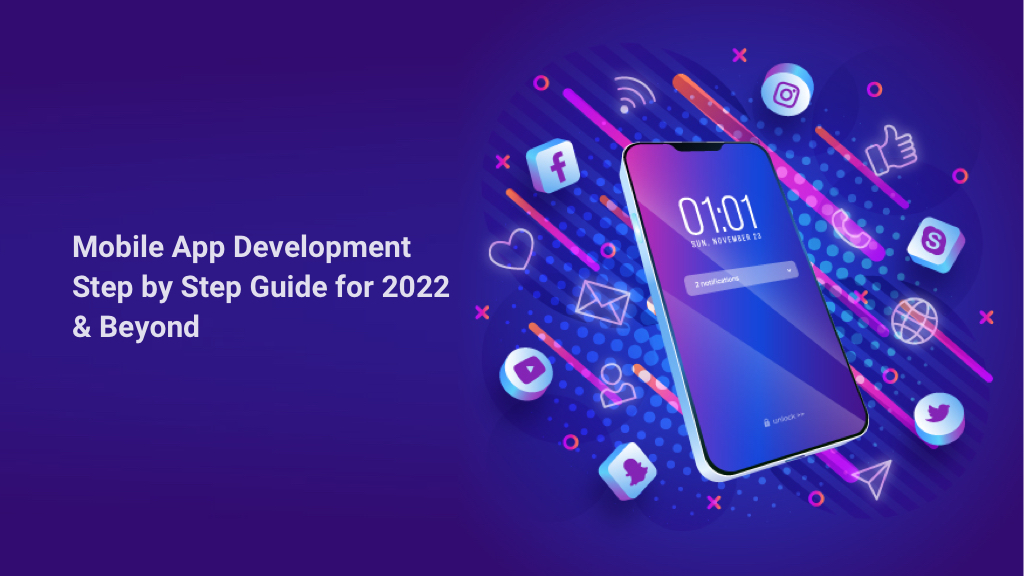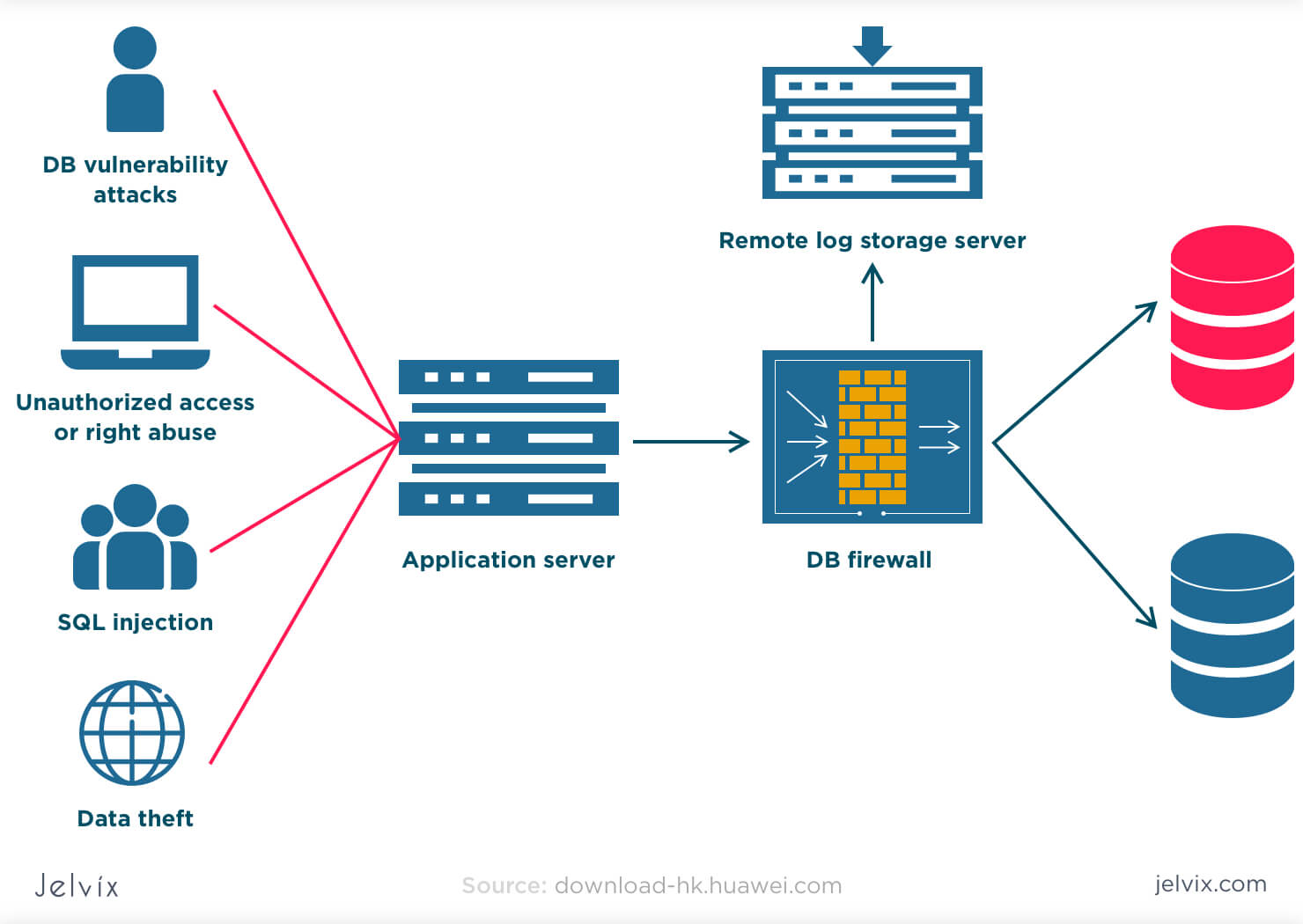Unlocking the Potential of Mobile App Development – A Guide for Science and Technology Professionals
In today’s digital age, mobile app development has become a crucial aspect of business and technology. With the ever-increasing use of smartphones, mobile apps have revolutionized the way we interact, work, and live. Whether you are a science or technology professional, understanding the potential of mobile app development can empower you to create innovative solutions and enhance your career prospects. In this guide, we will explore the significant benefits of mobile app development and provide practical tips to help you unlock its potential.
1. Understand the Importance of Mobile Apps in Science and Technology
Mobile apps have transformed various industries, including science and technology. Scientific research and laboratory experiments can be conducted efficiently using mobile apps, offering real-time data collection, analysis, and collaboration. In addition, mobile apps enable seamless monitoring and control of technological equipment and processes remotely. By recognizing the importance of mobile apps, science and technology professionals can leverage this technology to enhance productivity, streamline operations, and drive innovation.
2. Identify App Development Opportunities
To unlock the potential of mobile app development, start by identifying the areas where apps can add value to your work or research. Consider the pain points or challenges you face and think about how a mobile app could address them. For example, if you are a scientist, you might need a mobile app for data visualization and analysis. If you work in technology, you may require an app for monitoring and controlling devices remotely. Identifying these opportunities will ensure that you develop apps that truly meet your needs and provide maximum value.
3. Choose the Right App Development Framework or Tool
Once you have identified your mobile app development needs, the next step is to choose the right development framework or tool. There are several options available, such as native development (iOS, Android), hybrid frameworks (React Native, Flutter), and low-code or no-code platforms (AppSheet, OutSystems). Consider factors such as your budget, time constraints, target audience, and desired features to make an informed decision. Research various frameworks and tools, read user reviews, and consult with experts to select the most suitable option for your requirements.
4. Learn and Improve Your Coding Skills
Even if you choose low-code or no-code platforms, having a foundational understanding of coding is beneficial for mobile app development. Enhancing your coding skills can enable you to customize and extend app functionalities, troubleshoot issues, and collaborate effectively with developers. Consider learning popular programming languages like Java, Kotlin (for Android) or Swift, Objective-C (for iOS). Online resources, tutorials, and coding bootcamps can help you acquire the necessary skills and knowledge.
5. Collaborate with App Developers and Designers
Collaboration is key to successful mobile app development. If you don’t have the necessary coding skills or expertise, consider working with app developers and designers to bring your ideas to life. Engage in open communication and provide detailed requirements to ensure your vision is accurately translated into the app. Find experienced professionals or reputable development agencies by seeking recommendations, reviewing portfolios, or posting job listings online.
6. Test, Refine, and Launch Your App
Testing is a crucial phase in mobile app development to ensure a seamless user experience. Conduct extensive testing on various devices, operating systems, and network conditions to identify and fix any bugs, glitches, or performance issues. User feedback and beta testing can provide valuable insights to refine and improve your app before the official launch. Once your app is thoroughly tested, upload it to app stores, optimize its listing with relevant keywords and descriptions, and market it to your target audience.
Conclusion
Mobile app development presents immense opportunities for science and technology professionals to innovate, improve efficiency, and stay competitive. By understanding the importance of mobile apps, identifying development opportunities, choosing the right tools, enhancing coding skills, collaborating effectively, and testing rigorously, you can unlock the potential of mobile app development and take your career to new heights. Embrace this transformative technology and reap the rewards it offers in the fast-paced world of science and technology.











